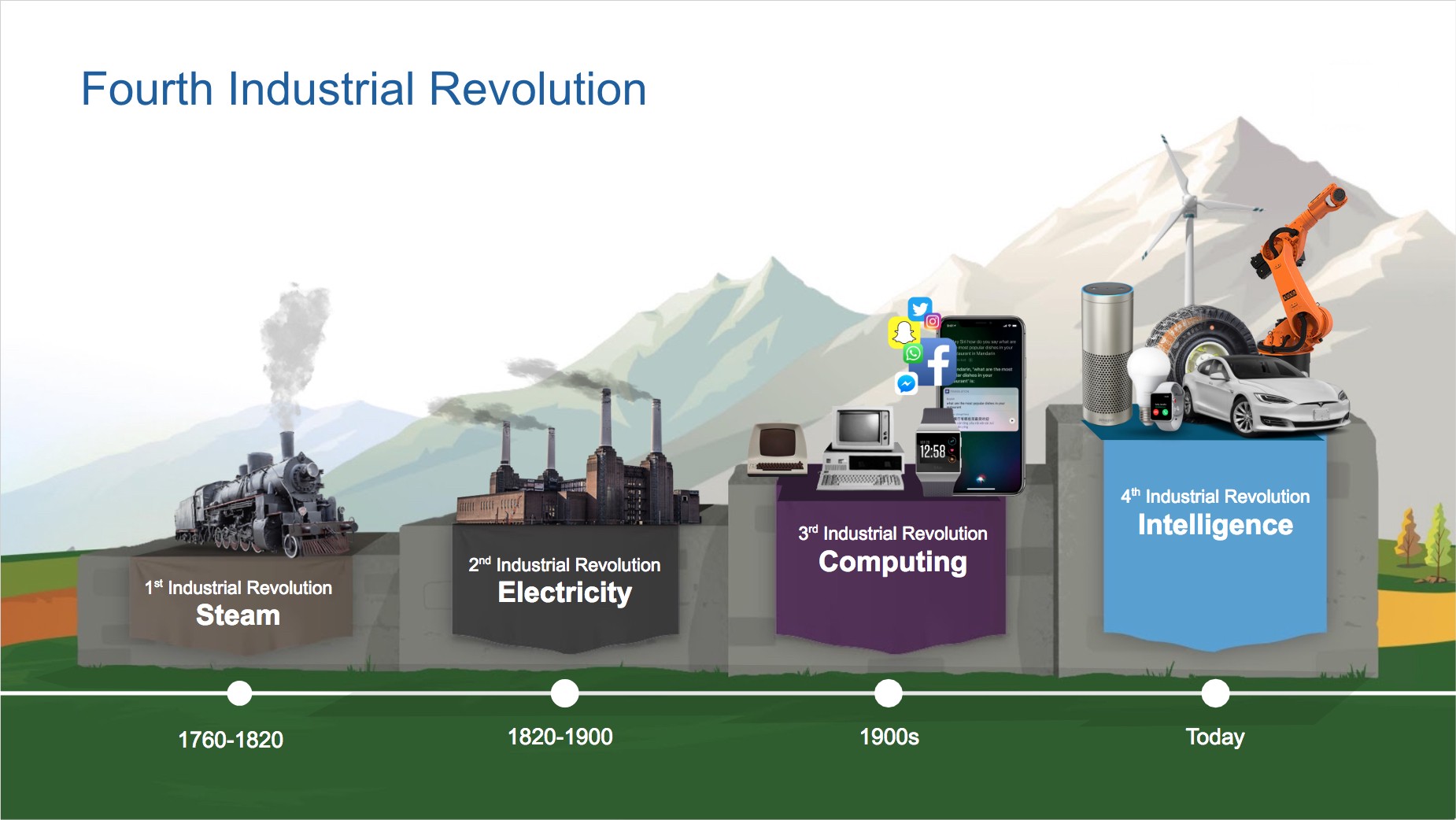Economic Restructuring in North Carolina
The predominant trend in the U.S. economy since the 1950s has been restructuring from a manufacturing to a service-sector base. Impacts include declining traditional blue-collar employment and increasing inequality between higher-paying jobs in the professional and technical sectors and low-wage, low-skilled jobs in the service sector. More recently, the rapid spread of digital technology and the Internet is spurring a new wave of economic restructuring. Key interconnected trends include e-commerce, the gig economy, and the subscription economy.

North Carolina’s significant assets – from vibrant urban centers to scenic rural areas, established industries, and a high quality of life – position it well for success as economic restructuring continues. In 2022, the state experienced record employment growth, wage growth, and low unemployment rates, including for historically disadvantaged populations (Harrington and Levy, 2023). North Carolina has a strong advanced manufacturing base; sectors include, among others, automotive, biotechnology, food manufacturing, and clean energy. The Site Selection Group ranked the state as the second-best state for manufacturing in the nation (after South Carolina). The NC Department of Commerce notes that university research and development efforts in areas such as artificial intelligence, cloud computing, and industrial robotics position the state well to compete in the “4th Industrial Revolution” (Harrington and DeBellis, 2023).
The Challenge
Despite North Carolina’s overall economic success, disparities exist between growing urban areas and rural areas with declining populations and between high-income professional workers and low-paid service workers. Urban areas such as the Research Triangle Region are experiencing an influx of residents from elsewhere in the country drawn by job opportunities in a growing economy. This trend impacts these areas’ equity, housing costs, and infrastructure and service needs. Rural communities have not experienced in-migration but can capitalize on local assets to enhance competitiveness in an economy where workers can choose where to live. All areas need to address the impacts of emerging technologies on land use, infrastructure needs, and the local economy. Universal broadband access, education, and skills training are key to addressing economic disparities.
Potential Responses
Short-Term
- Assess and monitor opportunities and challenges created by digital economic restructuring
- Revise economic development plans to address trends in the digital economy
- Identify coverage and affordability gaps in high-speed Internet service
- Develop digital equity action plans
- Research case studies (e.g., Homegrown Tools for Economic Development)
- Initiate pilot projects combining asset-based and digital economic development strategies
Medium-Term
- Partner with the NCDIT Division of Broadband and Digital Equity and internet providers to address coverage and affordability gaps
- Implement programs to empower disadvantaged residents to participate in the digital economy
- Revise land use and transportation plans to account for the impacts of e-commerce
- Implement strategies to repurpose obsolete retail and office space for productive new uses
- Establish regional clearinghouses providing resources and information for freelance workers
Long-Term
- Position North Carolina, its regions, and communities – rural, suburban, and urban – as models of success in the 21st-century economy
- Ensure accessible, affordable, high-speed broadband service for all residents in all parts of the state
- Monitor trends in the digital economy and adapt economic development plans to address them
- Adapt land use, infrastructure, and transportation systems to accommodate new forms of commerce
Key Stats
- According to McKinsey & Company, the COVID-19 pandemic spurred the equivalent of 10 years of growth in e-commerce in just three months. E-commerce sales have since settled down from this temporary spike and resumed their long-term trajectory. Forbes Advisor projects that e-commerce sales will grow 10.4% in 2023 (20.3% of all retail sales compared to 15.5% in 2019); by 2026, 24% of sales will be online.
- In 2022, independent freelancers represented 39% of the U.S. workforce and generated $1.35 trillion in annual earnings. While the number of highly educated freelancers is growing, it is becoming an appealing career choice regardless of qualification level. Freelancers report a higher level of satisfaction than non-freelancers (Upwork 2022).
- North Carolina was the 9th fastest growing state in the nation in 2022, adding 133,000 people (a 1.3% increase). About 75% of the increase was due to migration from other states (NC Department of Commerce 2023).
Examples: Asset-Based Economic Development
Asset-based economic development builds on a community or region’s existing natural, social, cultural, and other resources. Many North Carolina communities are using asset-based approaches to improve the local economy and enhance quality of life for residents. Examples include:
- Opened in 2000, the Black Mountain Center for the Arts has increased tourism, spurred the development of arts-based businesses, and attracted new residents to Black Mountain and the Swannanoa Valley.
- Since the 1990s, Columbia and its neighbors in the Albemarle-Pamlico region have promoted a regional ecotourism strategy through the Partnership for the Sounds.
- Bakersville and Hayesville leveraged rural heritage and cultural assets to build civic infrastructure, boost tourism, and revitalize downtown.
Asset-based economic development can be combined with strategies capitalizing on opportunities created by the digital economy (e.g., e-commerce) to position communities for success.
Click here to complete our survey about North Carolina drivers of change!
References
Bai, Jiamei et al. (2021). Solving the paradox of growth and profitability in e-commerce, Mckinsey & Company
Carlson, Galen, and Nico Larco (2017). Urbanism Next: Reimagining Retail
Harrington, Neil and Jeff DeBellis (2023). NC’s Assets to Compete in the 4th Industrial Revolution, NC Department of Commerce, The Lead Feed, November 29, 2023
Harrington, Neil and Josh Levy (2023). Five Things to Watch in the 2023 North Carolina Economy, NC Department of Commerce, The Lead Feed, February 2023
Read, Anna (2011). Asset-Based Economic Development: Building Sustainable Small and Rural Communities, ICMA briefing paper
UNC-Chapel Hill NC Growth Center (n.d.) Homegrown Tools for Economic Development website
Upwork (2022). Freelance Forward 2022 Survey



